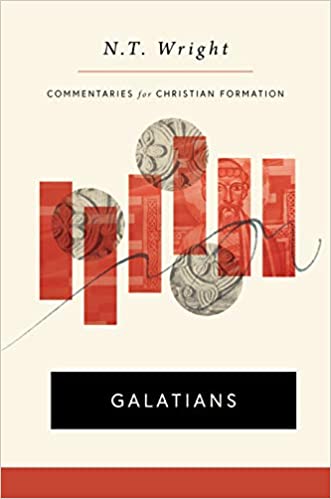Q. I have some questions about your reading of the Abraham story. The children of Abraham are not ‘Israel people’, not least because there was no Israel in Abraham’s time of any sort. Israel proper comes later in Moses’ day. Secondly, the blessing of the nations in Abraham, especially in the context of a letter mainly to Gentile new Christians is surely to be seen as a reference NOT to Israel but to the ethnoi as opposed to the laoi. Gentiles become children of Abraham through faith in Christ. Moses and Israel does not enter the picture at this juncture. Thirdly, the Abrahamic covenant is distinguished by Paul in Gal. 4 from the Mosaic covenant, perhaps not least because Abraham, in the first place, was a pagan. He trusted in the Creator
God before he was ever revealed as Yahweh the God of Israel, a people and community that did not exist yet. There is a problem with reading the Mosaic covenant back into the Abrahamic covenant, and I doubt it was a small point to Paul that the circumcision of Abraham happens after this establishment of a covenant relationship in Gen. 15. Abraham had right standing with God, or a positive covenant relationship before he got circumcised, as it was on the basis of faith. So too the Galatians who don’t need circumcision or the Mosaic covenant . They are not joining Israel, they are joining Jew and Gentile united in Christ. Paul reads the story in chronological order, unlike some Jewish readings of the Abraham story. Lastly, Abraham didn’t need an Exodus from Egypt or a return from exile either. If there was any slavery he would have been liberated from it would have been slavery to pagan gods and sin….. the very same sort of thing the Galatian Gentiles were liberated from. Terry Donaldson’s detailed recent treatment of the ‘ethnoi’ and ‘laoi’ language is instructive at this point. I am sure you have some good reflections on this.
A. I’m not really sure what you’re pushing back at here. Of course the word ‘Israel’ is only introduced with Jacob and then becomes a socio-political entity at the Exodus. But I use the word as a shorthand for ‘the people of God launched with Abraham’ even though they aren’t called that yet, like we say ‘the queen was born in 1926’ even though she wasn’t the queen until 1952. I don’t think this has created any confusions. (By the same token, neither Abraham, Isaac nor Jacob, nor Moses, were ‘Jews’, i.e. descendants of Judah…) Here, in the allusions to Psalm 2, and in his use of Ps 87 etc etc Paul is clear that God’s original intention was to bless the nations through the family of Abraham/ David.














